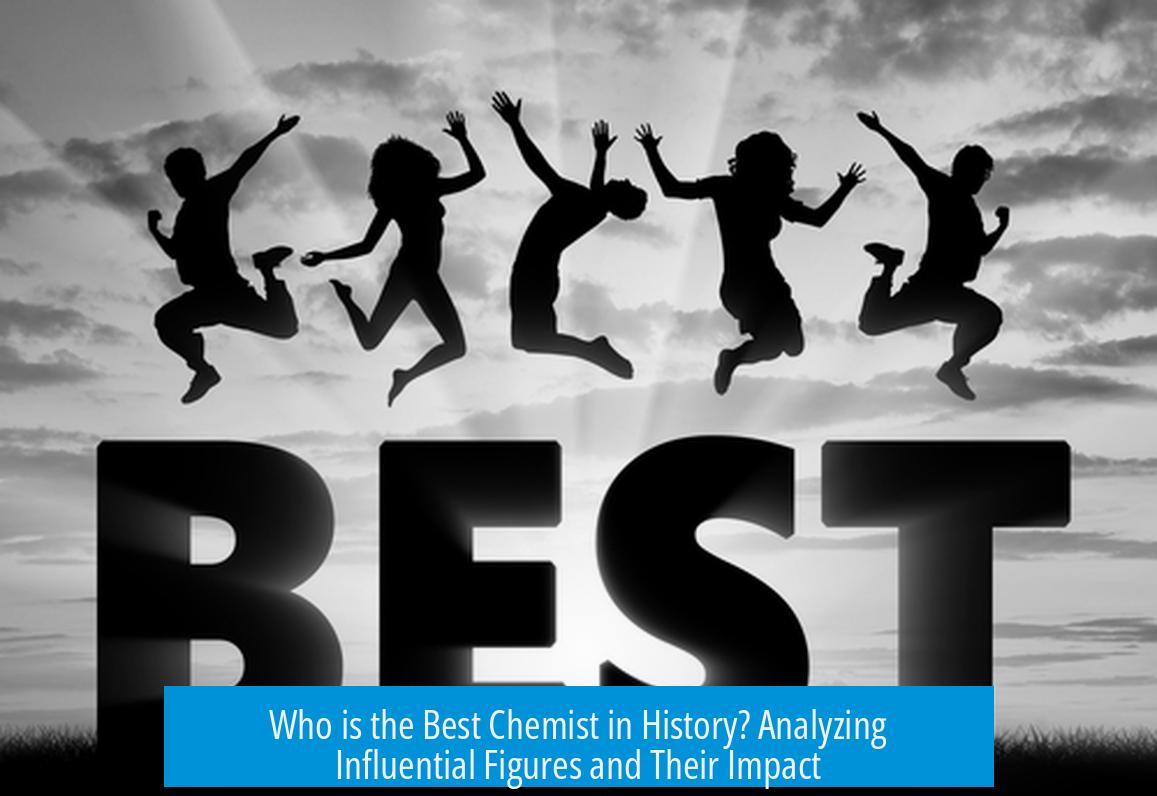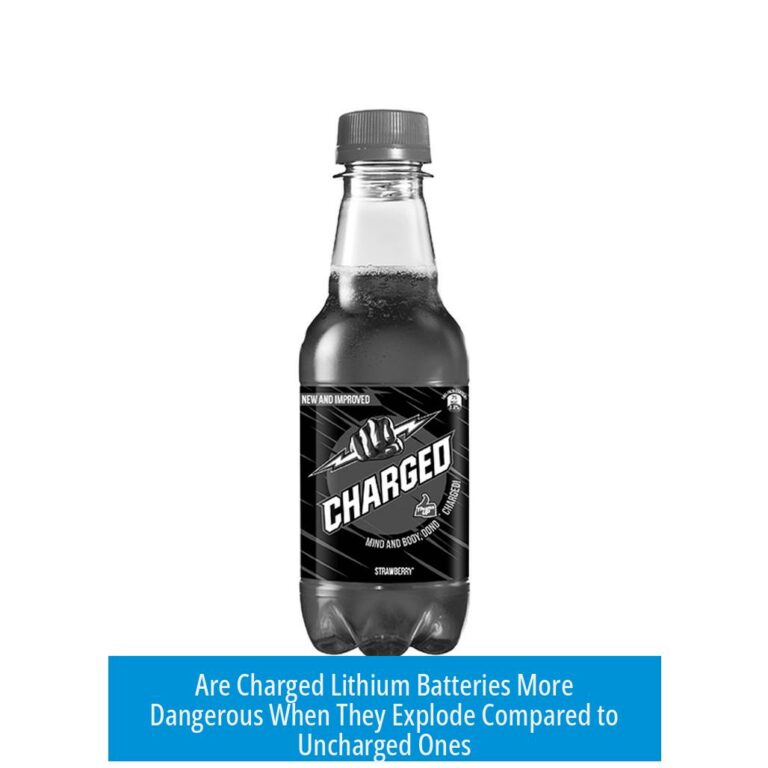Who is the BEST Chemist in All of Ever?

The title of “best chemist ever” depends heavily on the criteria used, including foundational impact, ethical legacy, innovation across fields, and societal benefits. Chemistry has evolved through contributions of numerous influential figures, each excelling in different domains. This article explores notable chemists and their defining achievements to clarify the complexities behind naming a single “best”.
Defining “Best” in Chemistry
Choosing the best chemist involves subjective values. Some emphasize revolutionary scientific breakthroughs, others ethical considerations or societal impact. For example, Fritz Haber is both hailed for industrial chemistry and criticized for chemical warfare initiation. Thus, “best” can vary widely.
Founders and Revolutionaries
Antoine Lavoisier: Father of Modern Chemistry
Lavoisier fundamentally transformed chemistry into a quantitative science. He redefined what an element is, disproved classical views like air and water as elements, and introduced precise measurements. He connected biology and chemistry by showing breathing resembles combustion chemically.
“There is a before and an after ‘nothing is lost, nothing is created, everything is transformed’.”
Lavoisier’s law of conservation of mass remains a cornerstone of chemistry today.
Robert Boyle: First Modern Chemist
Boyle first separated chemistry from alchemy and coined the term “chemistry”. His rigorous experimental approach laid groundwork still appreciated in modern science.
Influential Chemists in Specific Fields
| Chemist | Key Contributions | Field of Influence |
|---|---|---|
| Michael Faraday | Discovered benzene; pioneered electrochemistry and electromagnetism; expert chemical analyst. | Physical Chemistry, Electromagnetism |
| Robert Woodward | Synthesized strychnine; advanced retrosynthesis methodology. | Synthetic Organic Chemistry |
| Linus Pauling | Introduced electronegativity; contributed to DNA structure groundwork; advanced X-ray crystallography; promoted vitamins. | Theoretical, Structural, and Biochemistry |
| Louis Pasteur | Discovered microbiology; created vaccines. | Biochemistry, Medical Chemistry |
| Eunice Newton Foote | Identified greenhouse gas effect before Industrial Revolution. | Climate Chemistry, Environmental Science |
Notable Chemists and Their Legacy
- Emil Fischer: Renowned for advances in organic chemistry; though admired, lacks consensus as “best”.
- Fritz Haber: Developed Haber-Bosch process revolutionizing fertilizer production but also pioneered chemical warfare.
- Marie Curie: Two-time Nobel laureate who discovered radium and polonium, opening radioactivity research.
- Jöns Jakob Berzelius: Developed atomic weights and modern chemical symbols.
- Dmitri Mendeleev: Created the periodic table arrangement still foundational today.
Ethical Considerations in “Best” Chemist
The impact of chemical discoveries can be dual-edged. Fritz Haber exemplifies this dilemma by saving millions via fertilizer but also enabling chemical weapons. Conversely, Louis Pasteur’s contributions helped save lives through vaccines and microbiology. Ethics influence perspectives on who deserves recognition.
Cross-Disciplinary Influence
Linus Pauling stands out for integrating chemistry with biology, physics, and medicine. Inventing electronegativity, developing tools like X-ray crystallography, and influencing DNA structural work position him among top contenders. His activism adds societal value beyond pure science.
The Complexity of Naming a Single Best Chemist
Each candidate shines in distinct ways:
- Lavoisier founded modern chemical science.
- Robert Boyle established chemistry as a scientific discipline separate from mysticism.
- Faraday connected chemistry and physics through electromagnetism.
- Woodward advanced chemical synthesis techniques.
- Pauling bridged multiple disciplines and advanced molecular understanding.
- Pasteur contributed critical life-saving medical chemistry innovations.
The “best” depends on whether one values foundational science, synthetic mastery, cross-disciplinary innovation, ethical impact, or practical benefits to humanity.
Key Takeaways
- No single chemist can universally claim “best” status; criteria vary.
- Lavoisier transformed chemistry into a quantitative science and introduced conservation laws.
- Linus Pauling’s broad contributions link chemistry with biology and physics.
- Fritz Haber’s legacy is significant but ethically mixed.
- Louis Pasteur’s work in microbiology and vaccines transformed healthcare.
- Understanding foundational, synthetic, and applied chemistry is crucial in judging “best”.
Who is widely considered the father of modern chemistry?
Antoine Lavoisier holds this title. He transformed chemistry by introducing quantitative methods. He disproved elemental ideas about air and water and linked breathing to combustion. His principle of conservation of mass changed science forever.
Why is Fritz Haber a controversial figure in chemistry history?
Haber made huge advances, like the Haber-Bosch process to produce ammonia. But he also played a major role in developing chemical warfare. His legacy is mixed—brilliant scientist yet responsible for destructive uses of chemistry.
What made Linus Pauling a standout chemist?
Pauling invented key concepts, such as electronegativity, and helped lay groundwork for DNA structure discovery. He pioneered X-ray crystallography and explored vitamins and supplements. Pauling also advocated for peace beyond his science.
How did Robert Woodward influence synthetic chemistry?
Woodward’s syntheses of complex molecules like strychnine were groundbreaking. He developed the concept of retrosynthesis, a strategy still used to plan chemical syntheses. His work shaped modern organic chemistry profoundly.
Are there chemists who contributed to fields outside traditional chemistry?
Yes, chemists like Eunice Newton Foote discovered climate-related phenomena early. Louis Pasteur revolutionized microbiology and vaccine development. Their work bridged chemistry with other life sciences and public health.





Leave a Comment